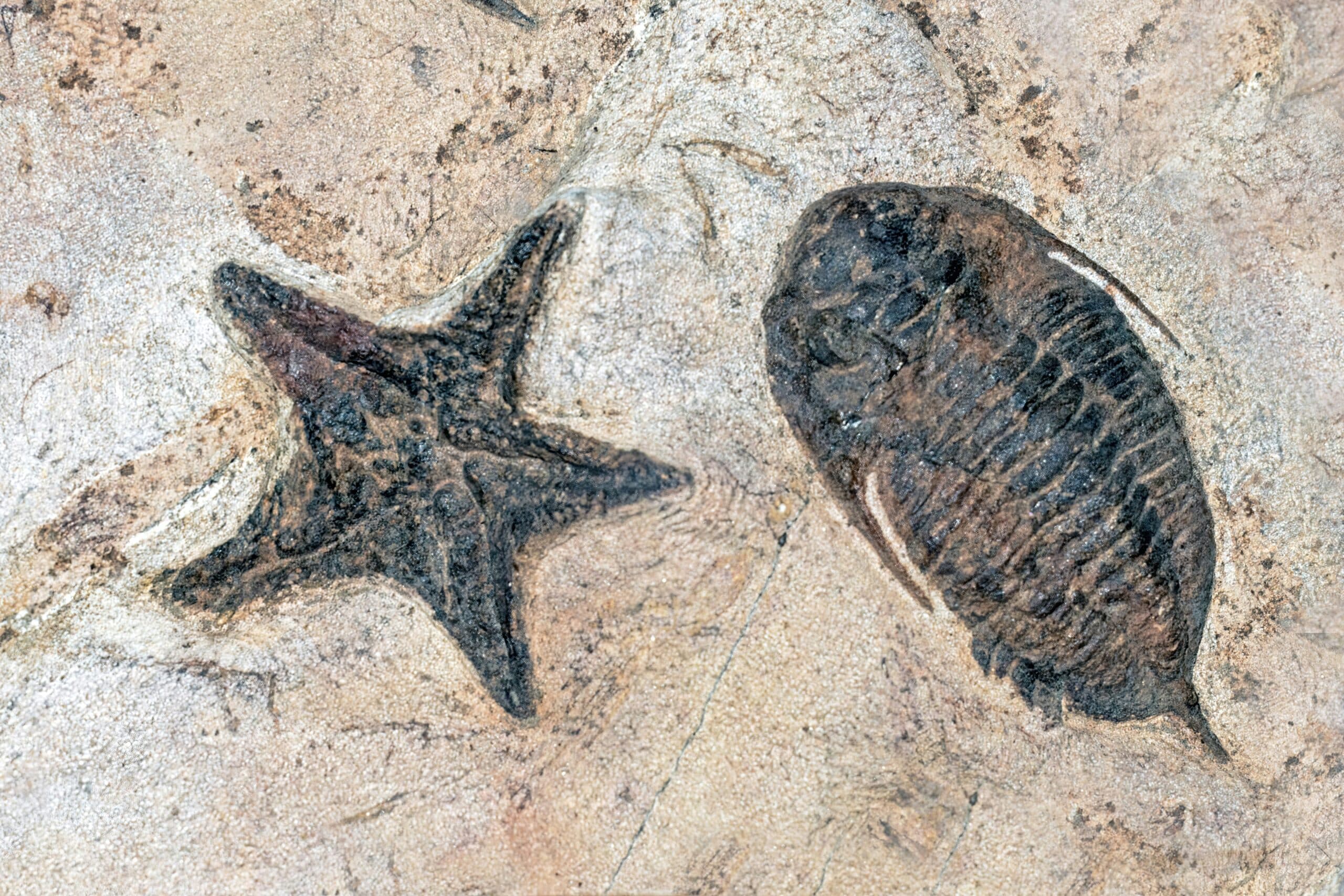
Episode #134
The Hadza Tribe Part Two: Q&A
Dr. Paul Saladino, best-selling author, and The Carnivore MD, comes back on the podcast show to answer questions about the Hadza tribe with Dr. Anthony Gustin. Tune in now to learn more!

Guest
Dr. Paul Saladino
If you tuned into the first episode I did with Dr. Paul Saladino on the Hadza tribe, then you know that we visited this incredible group of people, which also happens to be one of the last hunter-gatherer tribes, a few weeks ago.
We spent as much time as possible immersing ourselves in their culture and their way of life, among other things, and we talked all about it in the first episode.
We’re back today to answer some of the top questions we received after airing that episode.
So Dr. Saladino and I will get into answers like do they really eat as much fiber as previous studies have stated, why they’re so happy, were they territorial, do they marry, and what a typical tribe is like today.
We also chat about if they’re monogamous, how they raise their children, their life expectancy, whether women hunt, if they read or write, and what their typical diet looks like.
Dr. Saladino and I also run off on some tangents surrounding some recent studies published about the people in this region, myths associated with this tribe, the body positivity movement, the fallacy of Blue Zones, and what we should learn from this incredible group of people.
This is another jam-packed episode that’s over two hours long and dives into a ton of interesting topics surrounding our trip to Africa and meeting with the Hadza tribe.
So if you’ve ever wanted to step back in time to see what life used to be like and how it should be today, this episode is for you.
Eat the least amount of refined foods as possible. Share on XDr. Paul Saladino, best-selling author and The Carnivore MD, is a great friend of mine and repeat podcast guest who went on this incredible journey with me.
While he’s come on the show a few times before to talk about cholesterol and eating a meat-based diet, we focused most of our time in this episode diving into listener questions on our trip to the Hadza tribe.
In this episode, you’ll discover
- A recent study that examined urbanization in healthy Tanzanian populations
- Our experience with the health of people living in urbanized cities versus out in nature and rural areas
- The fallacy that the Hadza tribe eats 150g of fiber per day
- Why eating honey does not lead to metabolic dysfunction
- Why it’s crucial to get back to nature in both diet and movement
- Why the Hadza are such a happy group of people
- The biggest lever when it comes to food
- Would we ever try to bring someone from the Hadza tribe to the US?
- One thing that amazed the Hadza tribe the most that they would be interested in experiencing
- Were the Hadza people territorial?
- Was there a hierarchy in the tribe?
- Is there a chief?
- How many Hadza are left?
- What is a typical tribe size?
- Why the Hadza are considered endangered
- What their diet consists of
- What did their hygiene look like?
- Did they smell?
- Do the Hadza people marry?
- Are they monogamous?
- Do they masturbate?
- Is clitoral mutilation really happening?
- Do they have chronic diseases and other health issues like eczema?
- Thoughts on our current trend of body positivity and what we saw in the Hadza tribe
- What do the women do all day?
- Do the women hunt?
- Is there ever abuse or violence within the tribe?
- Circumcision in males
- Do the Hadza people read or write?
- Do they have a formal education system?
- What does their nutrition look like?
- Do they eat dairy or eggs?
- Do they preserve their meat?
- Do they take vaccines or use Western medicine?
- What are their teeth like?
- How active was a typical hunt?
- Could you train to mimic a Hadza hunt?
- Did you ever fear for your life during this trip?
- Blue Zones and the fallacies associated with them
- How long do the Hadza people typically live?
- Do hunter-gatherer tribes live shorter lives?
If you enjoyed this episode, subscribe to the Natural State Podcast on iTunes to get automatic updates. Use Android? Click here to subscribe on Stitcher and here to subscribe on Google Play Music.
Mentioned in This Episode
- Dr. Paul Saladino’s website
- Dr. Saladino’s YouTube channel, Instagram, Facebook, and Twitter







